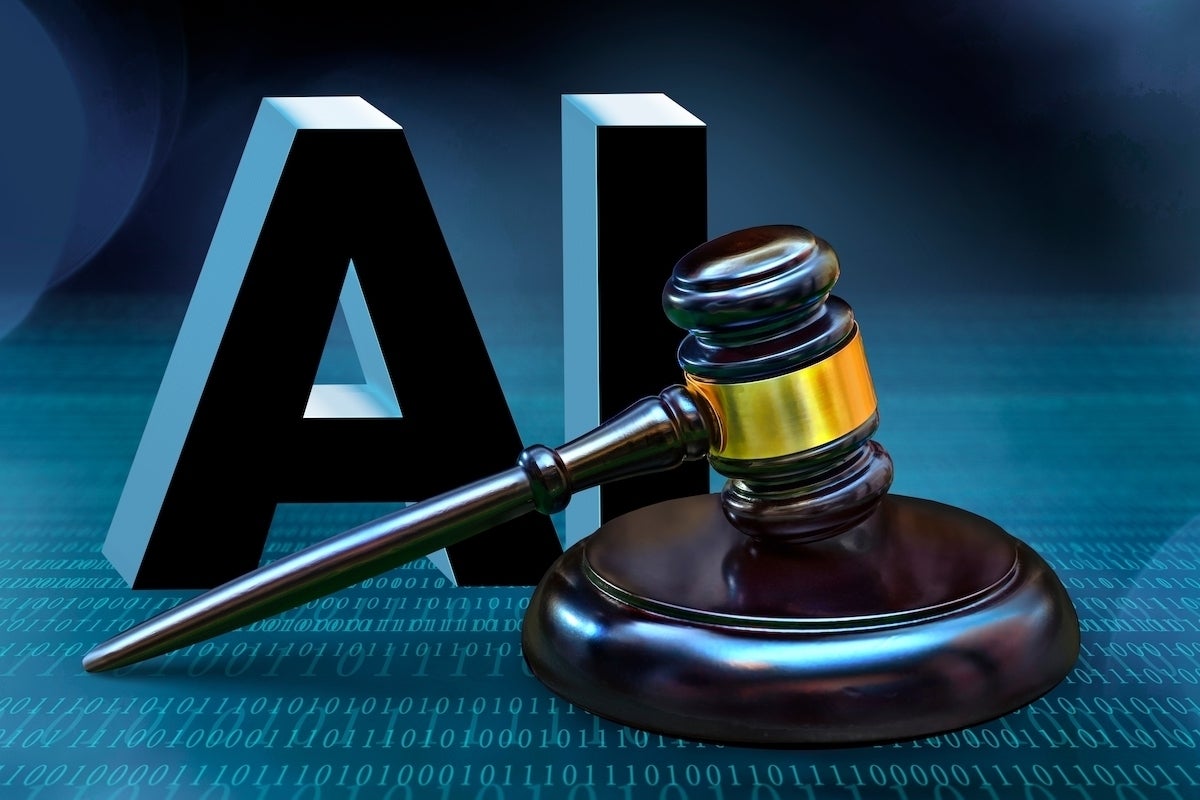Physical Address
304 North Cardinal St.
Dorchester Center, MA 02124
Physical Address
304 North Cardinal St.
Dorchester Center, MA 02124

A group of non-fiction writers has recently filed a class-action lawsuit against OpenAI and Microsoft, accusing them of copyright infringement. The authors claim that their copyrighted materials were used without their consent to train the AI chatbot, ChatGPT. This lawsuit is one of several that have been filed against OpenAI, all making similar allegations.
The principal plaintiff in the case is Julian Sancton, the author of the New York Times bestseller “Madhouse at the End of the Earth: The Belgica’s Journey Into the Dark Antarctic.” Sancton’s book is among the works that were allegedly used by OpenAI and Microsoft without permission. The lawsuit asserts that both companies blatantly ignored copyright laws for their own financial gain.
According to the lawsuit, OpenAI and Microsoft have built a business valued in the tens of billions of dollars by taking the combined works of humanity without permission. The authors argue that instead of paying for intellectual property, the companies act as if the laws protecting copyright do not exist.
The lawsuit highlights the years of hard work and resources that authors invest in their works. For instance, Sancton spent five years and tens of thousands of dollars on research to complete his bestselling book. However, OpenAI allegedly used excerpts from his work, as well as a massive corpus of copyrighted material, without permission or compensation.
The suit further claims that in training their AI models, OpenAI and Microsoft reproduced copyrighted material, exploiting the protectible expression within them, such as style, word choice, and the arrangement and presentation of facts. Despite the significant value of OpenAI, the authors argue that neither company compensates them for their intellectual property, making the basis of the OpenAI platform nothing less than the rampant theft of copyrighted works.
The plaintiffs are seeking damages, restitution, and a permanent injunction against the current infringement of their rights. They argue that OpenAI and Microsoft should be held accountable for their actions and forced to respect copyright laws.
It is worth noting that this lawsuit is not the first to challenge the use of copyrighted materials in AI platforms. Similar cases have been brought against OpenAI and other AI-driven services. While no clear victories have been achieved by artists or creators in these cases, they have set a precedent for potential future wins in copyright infringement claims.
In addition to OpenAI, Microsoft has been named as a defendant in this lawsuit. Microsoft has invested billions of dollars into OpenAI and exclusively uses its technology to power its Bing Chat bot. However, the two companies are also competitors, and their relationship has been further complicated by recent CEO changes at OpenAI.
As of now, neither Microsoft nor OpenAI has responded to requests for comment on the lawsuit. The outcome of this case will have significant implications for the use of copyrighted materials in AI platforms and the rights of nonfiction authors in the digital age.
The class-action lawsuit filed by nonfiction authors against OpenAI and Microsoft for copyright infringement is expected to have significant implications for the use of copyrighted materials in AI platforms and the rights of authors in the digital age.
If the authors are successful in their lawsuit, it could set a precedent for future cases involving the unauthorized use of copyrighted works by AI platforms. This could lead to stricter regulations and guidelines regarding the use of intellectual property in AI training processes. Companies like OpenAI and Microsoft may be required to obtain explicit consent from authors before using their works for training AI models.
The lawsuit also brings attention to the issue of fair compensation for authors. If the plaintiffs are awarded damages and restitution, it could prompt a reevaluation of the current practices of AI platform providers. Authors may gain more leverage in negotiating fair compensation for the use of their works in AI training.
Furthermore, the lawsuit highlights the need for increased awareness and respect for copyright laws in the AI industry. OpenAI and Microsoft, as major players in the field, will likely face scrutiny and pressure to ensure that their practices align with legal and ethical standards. This could lead to a more transparent and accountable approach to using copyrighted materials in AI development.
The outcome of this lawsuit may also impact the relationship between OpenAI and Microsoft. As Microsoft has invested heavily in OpenAI and exclusively uses its technology for its Bing Chat bot, any legal repercussions faced by OpenAI could have implications for Microsoft’s operations. This could potentially strain their partnership or lead to changes in their business arrangements.
Overall, the nonfiction authors’ lawsuit against OpenAI and Microsoft has the potential to reshape the landscape of AI development and copyright protection. It may result in stronger safeguards for authors’ rights, fairer compensation practices, and increased accountability in the use of copyrighted materials. The effects of this lawsuit could extend beyond the immediate parties involved and influence the broader AI industry as a whole.
If you’re wondering where the article came from!
#